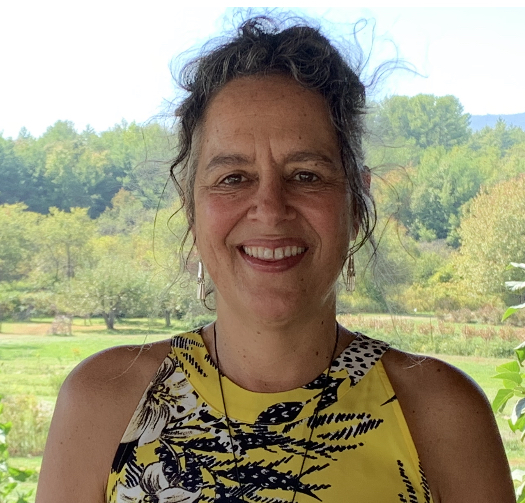One of the first patients I ever saw 32 years ago was a chipper, jaunty fellow, with chronic and painful stomach ulcers. He’d taken medication, had had surgery but continued to developed stomach ulcers. He was in a lot of pain, was missing work and looking for another approach. As a naturopathic doctor (ND), one of the first things I asked was about his diet. He mentioned he wasn’t much of a food guy, mostly he really liked coffee. A lot of people say that, but I was not sure what he meant, so I asked. Remarkably, without blinking an eye, he said he drank about 25 cups of coffee a day. A few pieces of toast and that was about it. No wonder he was so chipper! He also wondered why I asked, as no other docs had asked him about his diet.
Fast forward three decades, our research and understanding of the essential role of diet and nutrition as relates to health has thankfully evolved. But it’s remains true that for most patients, questions from their doctors about their dietary intake and leaving an office visit with a nutrition plan in hand, is rare.
Studies confirm that poor diet continues to be the most preventable risk factor for chronic illness and disability in America. We know this as a fact, yet many healthcare providers remain inadequately trained to use nutrition with patients in a way that prevents and reverses chronic disease. According to a 2015 report, under 30% of US medical schools offer students the suggested 25 hours of nutrition education. And as a license naturopathic doctor, I can tell you that a 25 hours high mark is severely insufficient.
Naturopathic doctors are leading the way here, ND students complete an average of 155 classroom hours of nutrition education. The licensed ND has an understanding that food is our best medicine for many patients and especially those with challenging chronic diagnoses like diabetes and heart disease. To read more about the training of a naturopathic doctor, see here.
As to my bright-eyed fellow above, when he reduced his coffee intake, began to use healing foods to help rebuild his stomach lining, added gentle botanical medicines to soothe the mucous membranes in the GI, he recovered and never had another ulcer. Over the years, we took up his other health complaints like arthritis and insomnia, also using nutrition as a core component of our therapeutic plans. No treatment approach works every time for every patient, but bumping diet and nutrition higher on the priority list of healing approaches, makes good sense. If you are looking for medical advice that focuses on the nutrition prescription, consider adding a naturopathic doctor to your healthcare team! And with regards to coffee, for most of us, less is more!


